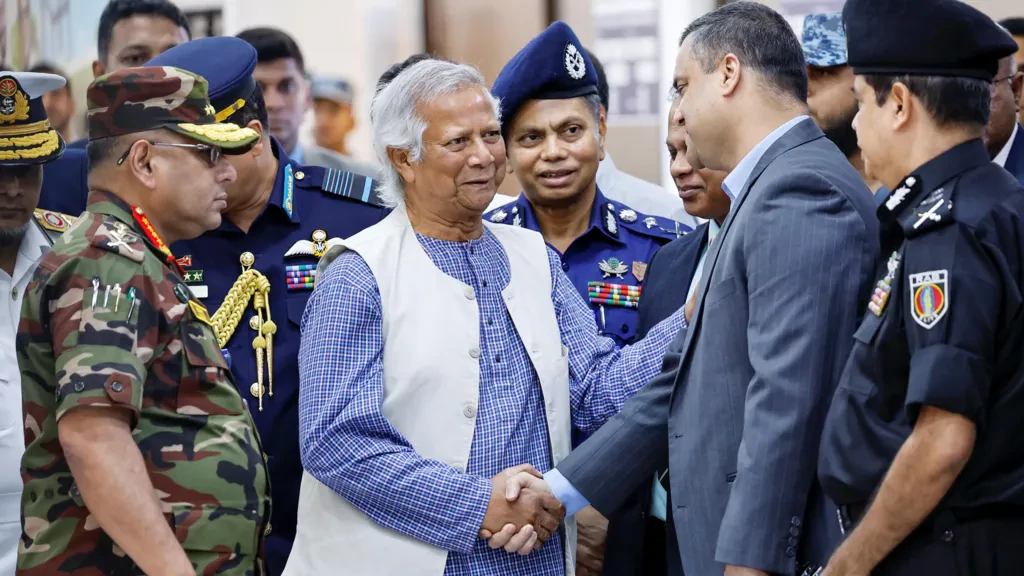Post-Hasina leadership: The importance of being earnest

By Probir Kumar Sarkar, August 17: From childhood, humans learn about their daily needs from their surroundings and the dos and don’ts from their parents, teachers, journalists, public representatives, law enforcers, and the judiciary. However, while the textbooks, social norms and laws of the land may change over time -- as do the acceptance levels -- the universal definitions of democracy and human rights do not change so easily.
Religious scriptures also warn us against sin and describe exemplary stories for the sake of a nation’s welfare.
While the so-called developed countries quickly adopt liberal views towards public welfare, it’s deplorable, but not unexpected, that subsequent governments in “third-world” Bangladesh, its policy-makers, bureaucrats, and civil society leaders have failed to change their mindsets and priorities towards building a liberal and inclusive nation in the last 53 years.
Some of the key reasons behind this weakness are the lack of quality education and diversified knowledge and the reluctance to follow ethics and principles in daily life while encouraging crimes and corruption with impunity.
We’ve seen that, despite being given honest suggestions by various quarters at home and abroad for years, the political governments chose to maintain their stubbornness, ego, and audacity to rule the country unilaterally through different means of intimidation, with a view to plundering public money for personal gains.
Thus, the masses perceive pro-people initiatives, typically implemented as a result of constitutional obligations, as mere eyewash.
As the revolutionary students take the helm after a bloody uprising that overthrew the deep-rooted autocratic government led by the Awami League on August 5, with immense support from ordinary citizens and other political parties, their responsibility to ensure the safety, security, and freedom of the people has increased manifold.
The ordinary students have shown their courage, which surpassed that of the politicians and civil society elements who had been raising voices against the tyranny and treachery of the Awami League leadership.
After nearly 10 days into the changeover, the mass people don’t seem to be worried about every detail of who gets benefits from the interim government, but they’ve been eagerly waiting since Bangladesh entered a new era to see visible changes in the state machinery and political culture -- an end to abuse of power, nepotism, corruption, and the culture of impunity that had been crippling the nation for decades. The chief adviser has mentioned that, while the country has seen development activities, the whole system has rotten due to politicization and corruption, thereby preventing further development.
In the past, we saw how and why transitional governments led by the military and civil society alike failed to bring about sustainable changes. We want to prevent the recurrence of such failures this time.
It's not an easy task, but turning this country into a disciplined nation isn’t impossible either -- thanks to the enthusiasm of the young population along with the dedication of the media and the politically-conscious people. The leaders in the government and on the streets just need to stay calm and implement the plans for overhauling the key elements that adversely affect democracy and human rights and trying the perpetrators responsible for the massacre of protesters, along with corruption and other crimes.
While their intentions are apparently constructive and rational, the advisers and the student leaders need to accept criticism, avoid treachery and vengeance, and adopt a selfless and pro-people mindset so that none can ever question their noble steps towards sustainable development.
As a result, the gallantry of several hundred students and ordinary people, as well as the relentless efforts of the revolutionary government, will gain more support and accolades in the days to come.
Copyright: Dhaka Tribune




Leave Comment